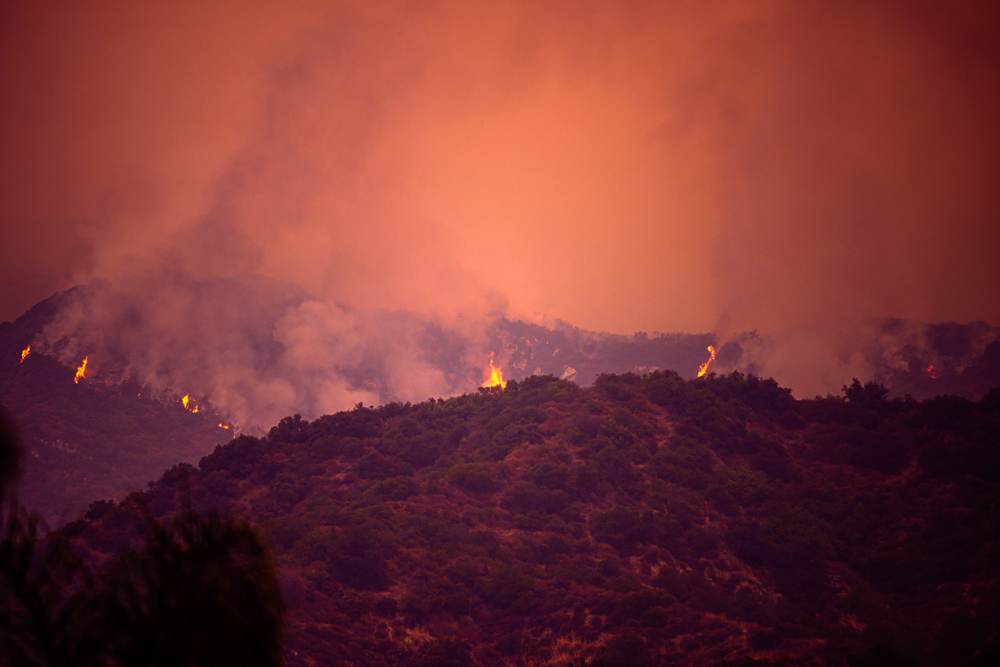This situation has fueled concerns about fairness.
Others are reading now
Wildfires are a recurring challenge in California, threatening homes, lives, and natural landscapes year after year.
The growing scale of these disasters has led to questions about how resources are used and who has access to protection when fires spread out of control.
In Los Angeles, some of the wealthiest residents are hiring private firefighting teams to protect their multimillion-dollar homes.
Several Celebrities Fined
In neighborhoods like Pacific Palisades and Malibu, these teams are being paid up to $2,000 an hour to keep flames away from luxury properties.
Also read
These private crews use flame retardants, often dropped from aircraft, to create barriers between fires and homes.
One such case stirred debate when Keith Wasserman, co-founder of the real estate firm Gelt Venture Partners, publicly sought help to hire private firefighters, according to 20Minutos.
On X (formerly Twitter), he wrote:
“Does anyone have access to private firefighters to protect our house? Need to act fast. All neighbors’ homes are burning. Will pay any amount.”
The reaction was swift, with many criticizing the practice. One response noted:
“His family has been evacuated, but he’s trying to hire private firefighters risking their lives to save a house that’s likely insured.”
This situation has fueled concerns about fairness, especially as California faces strict water restrictions. Since 2022, residents have been limited to watering their lawns twice a week for eight minutes.
Meanwhile, celebrities like Kim Kardashian, Sylvester Stallone, and Kevin Hart have been fined for exceeding water limits to maintain their estates.
The wildfires have already claimed at least 16 lives, and many families have lost their homes entirely.
Critics argue that hiring private teams creates an even starker contrast between those who can afford extra protection and those relying solely on public services.








